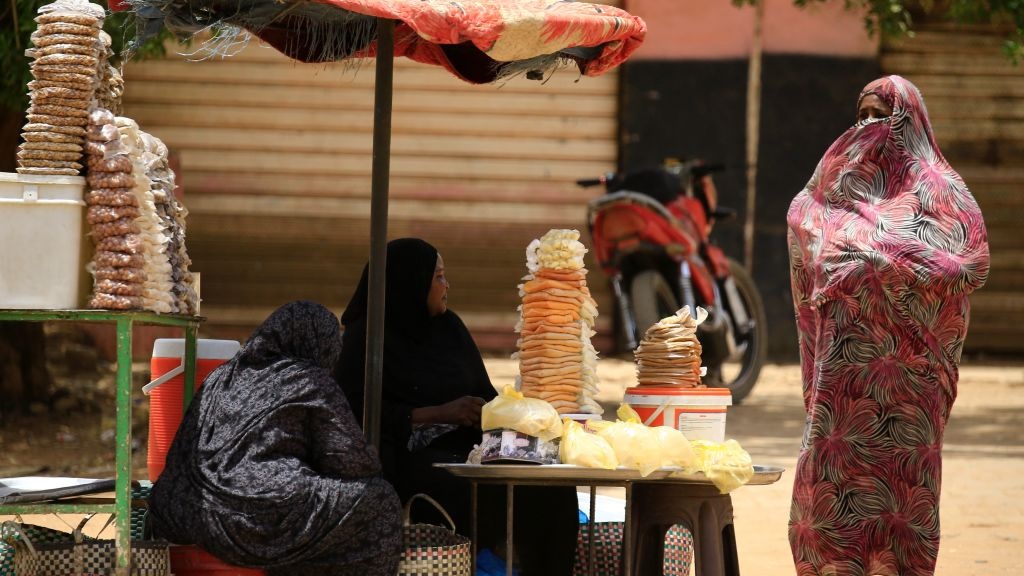Sudan’s transitional government passed a historic ban on female genital mutilation (FGM), a practice performed on most Sudanese women and girls before they reach puberty.
The North African nation’s council of ministers voted in favor of a new law criminalizing the practice on April 22, according to The Guardian. The policy still has to go through the sovereign council before it can become law. If the measure is successful, anyone found performing or enabling the procedure faces up to three years of imprisonment, according to The Guardian.
The World Health Organization (WHO) defines FGM as "the partial or total removal of external female genitalia or other injury to the female genital organs for non-medical reasons." It is commonly practiced in Africa, Asia and the Middle East for religious and cultural reasons, specifically to encourage chastity and modesty in women. Many consider it a prerequisite for marriage. Most girls are cut before their 12th birthday, and infants are not exempt.
The practice is extremely dangerous and can cause a multitude of health problems including “severe bleeding and problems urinating, and later cysts, infections, as well as complications in childbirth and increased risk of newborn deaths,” per WHO.
The Guardian reported that an estimated 200 million girls and women have undergone FGM. Sudan’s rates are among the highest with an estimated 86.6% prevalence rate. Most Sudanese women experience Type III circumcision, which involves the removal of both the labia and the clitoris. After those parts are removed, the opening is sewn shut. The categorization is derived from a system created by WHO.
There has been a cultural shift in attitudes toward FGM, as reported by The New York Times. Half a dozen Sudanese states have outlawed the practice, with the earliest occurring in 2008. Omar Hassan al-Bashir, a dictator who ruled Sudan for 30 years, tried to pass a ban in 2016. He was ousted from power in April 2019. That August, the formerly autocratic nation saw the swearing-in of a new 18-member cabinet.
The ban has been praised by anti-FGM activists and organizations.
“This practice is not only a violation of every girl child’s rights, it is harmful and has serious consequences for a girl’s physical and mental health,” said UNICEF representative Abdullah Fadil, who is based in Sudan. “This is why governments and communities alike must take immediate action to put an end to this practice.”
Salma Ismail, a spokeswoman for the United Nations Children’s Fund, told The New York Times the policy “will help protect girls from this barbaric practice and enable them to live in dignity And it will help mothers who didn’t want to cut their girls, but felt they had no choice, to say ‘no.’”
Still, Ismail’s optimism is cautious because cultural traditions don’t change with the passage of a law. FGM was banned in Egypt in 2008 and was criminalized eight years later, but prosecutions are rare. The practice continues behind closed doors.
“This is not just about legal reforms,” Ismail said. “There’s a lot of work to be done to ensure that society will accept this.”
